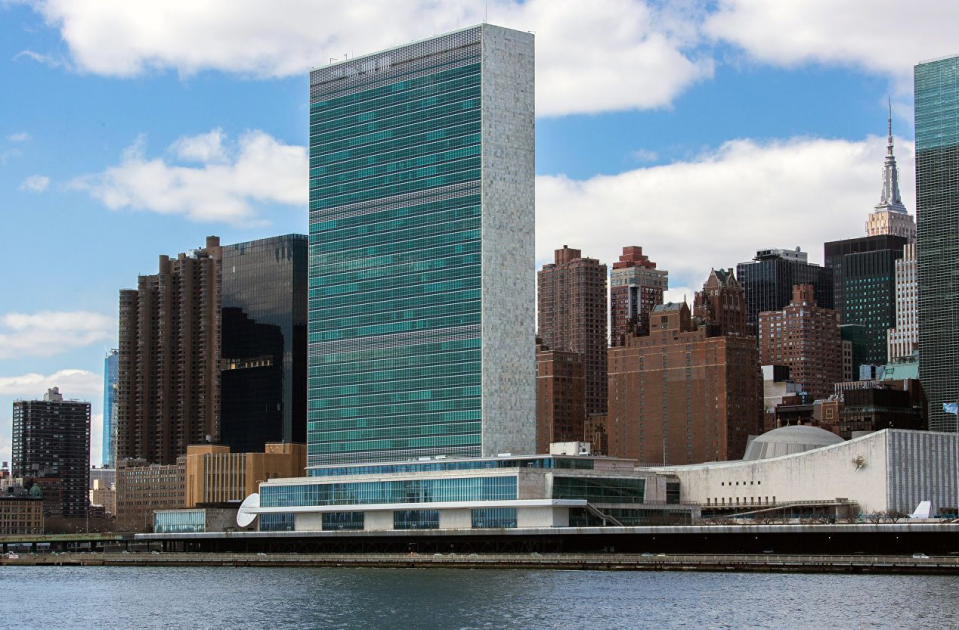Statement by Dmitry Polyanskiy, First Deputy Permanent Representative of Russia to the UN, at the open VTC of UNSC members on South Sudan
Mme. President,
We thank David Shearer for the update. Russia consistently supports the activities of the “blue helmets” in South Sudan, who play
an important role in stabilizing the situation in the country.
We also listened carefully to Edmund Yakani.
South Sudan faces unprecedented challenges in its history. We are convinced that the task of the international community, including the Security Council, is to provide the South Sudanese with the necessary support during the period of formation of this young state.
We note that despite all difficulties, the parties to the conflict managed to achieve significant progress in the peace process. The formation of new governing bodies and the conclusion of the “pre-transitional” period create the necessary conditions for advancing South Sudan to political stability and national reconciliation, successful resolution of urgent tasks of socio-economic development in the interests of the entire South Sudanese nation. It is important that the parties are ready to overcome disputes by means of a dialogue. We look forward to continuing the implementation of the transitional arrangements as soon as there are necessary conditions for this.
We are encouraged by the information that the Revitalized Transitional Government of National Unity has achieved an agreement on the distribution of governor posts for ten states. This opens a window of opportunity to calm the situation, removes obstacles to the peace process and creates the necessary prerequisites for reducing the level of intercommunal tension.
Mme. President,
We commend an overall decline in the level of armed violence since the signing of the 2018 revitalized peace agreement. South Sudanese refugees and internally displaced persons are gradually returning to their places of permanent residence. We link it to the implementation of confidence-building measures and contacts between the protagonist parties “on the ground”. It is important that they continue to comply with the ceasefire. We urge the South Sudanese to strictly adhere to these agreements. We also encourage non-signatories to join the state-building process.
When evaluating the latest news about intercommunal clashes, we can often hear reproaches addressed to Juba, while the objectively difficult context of the developments is often disregarded. South Sudan is experiencing the negative impact of the coronavirus pandemic, which has not spared even the country’s leadership. Outbreaks of violence in different regions of South Sudan happen for different reasons, in various moments and places, but, most importantly, they do not pose a direct threat of large-scale destabilization. Therefore, we urge not to focus on further pressure on Juba, but to support the South Sudanese in this difficult period.
We hope that the regionals will continue to play the leading role in accompanying the South Sudanese peace process. In this regard, we welcome the efforts by the IGAD and the African Union in accordance with the principle “African solutions – to African problems”.
In conclusion, we would like to emphasize that the progress in the South Sudanese peace process was not achieved due to increased sanctions pressure on the country, and in no way due to unilateral restrictions. The key element was the contribution of regional mediators. Therefore, we expect that the Council, in accordance with its resolution 2521, will soon launch a comprehensive review of the sanctions regime with a view to adapting it to the realities “on the ground”.
I thank you.
